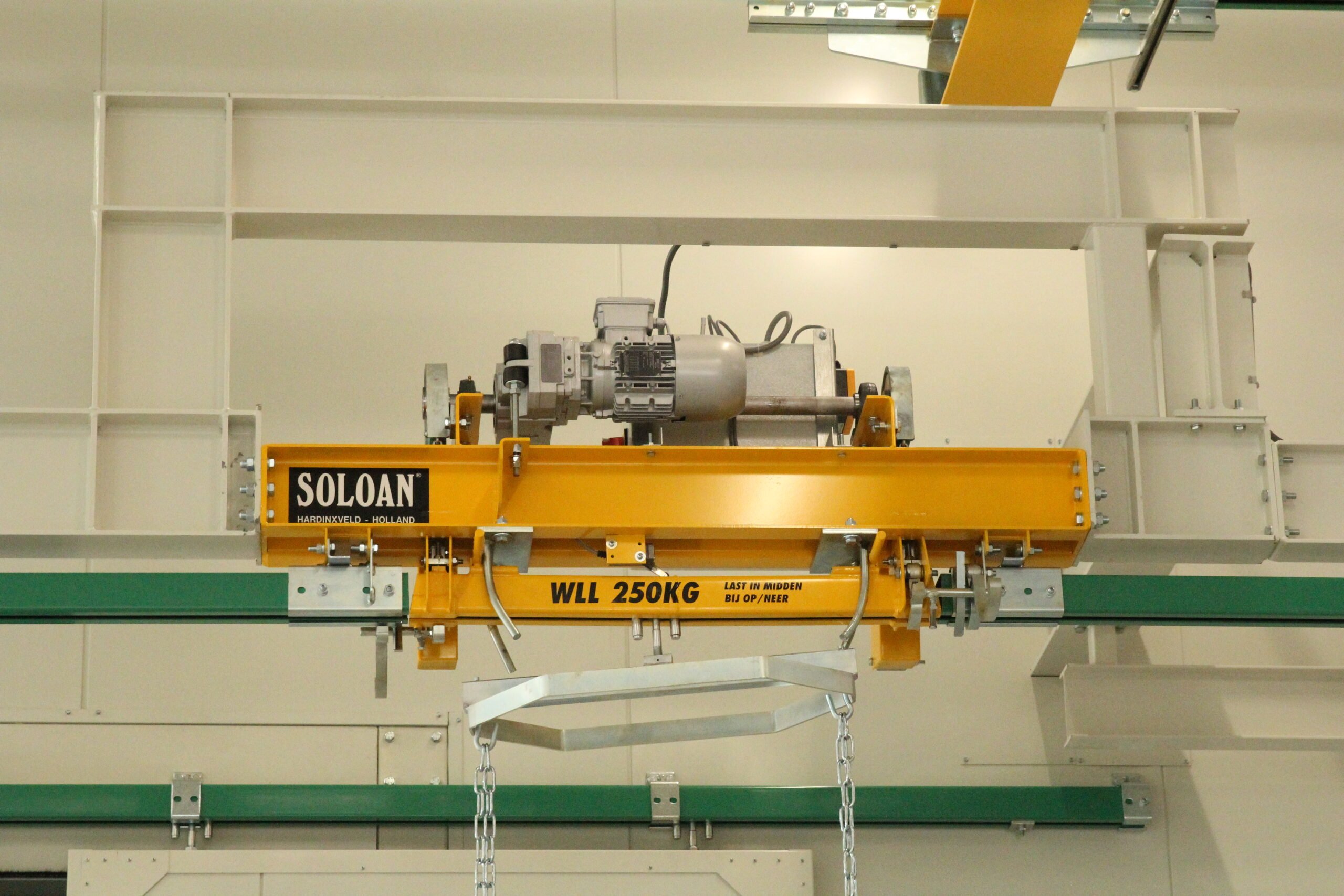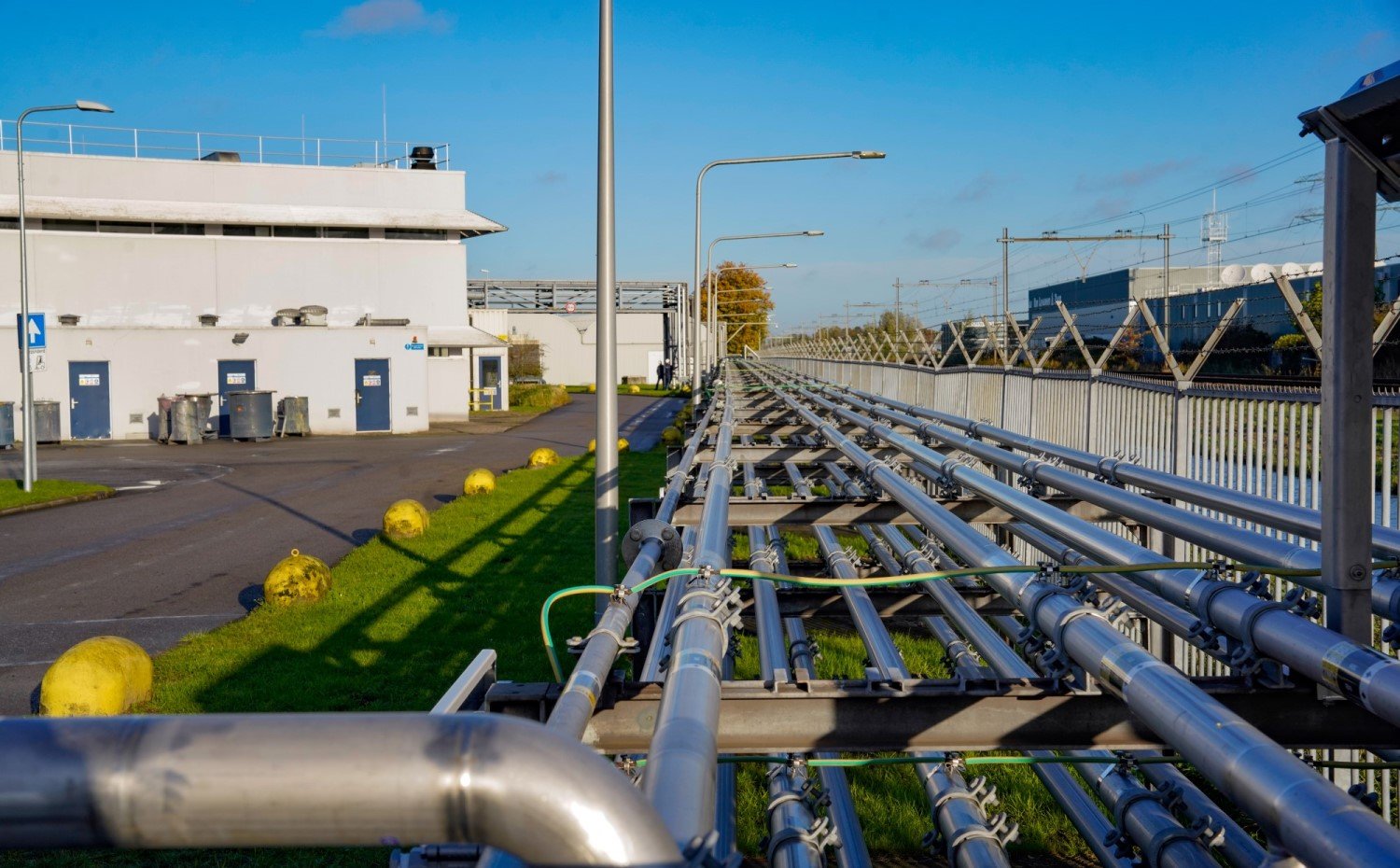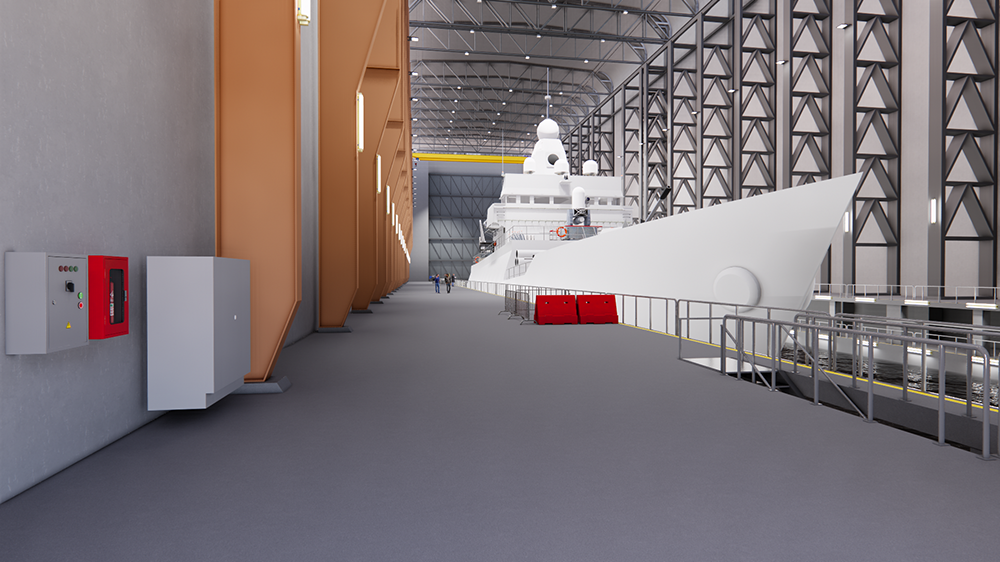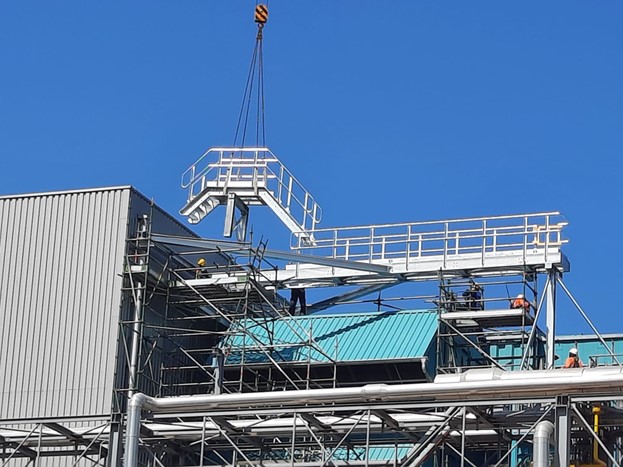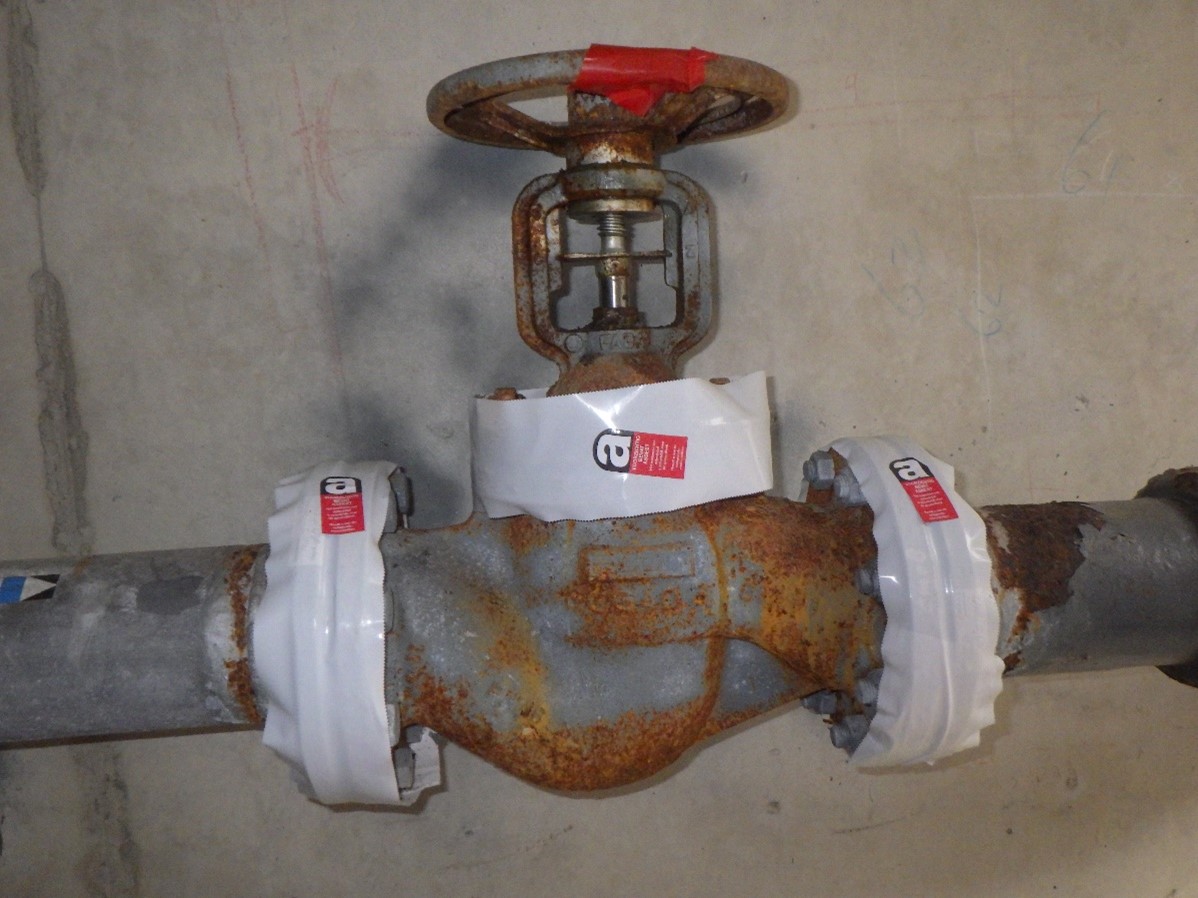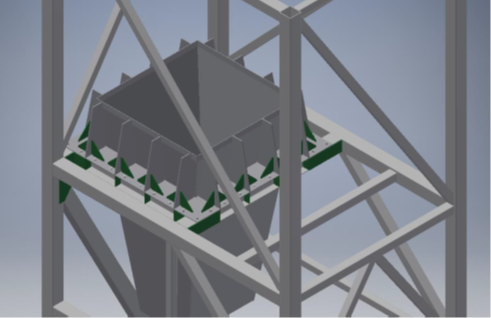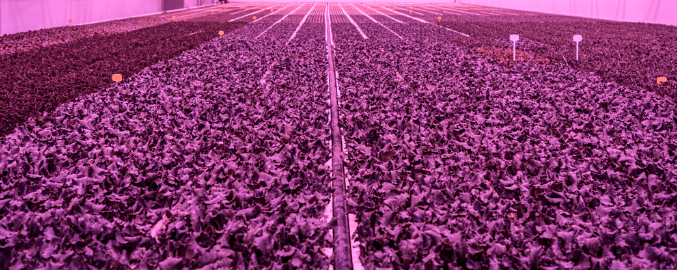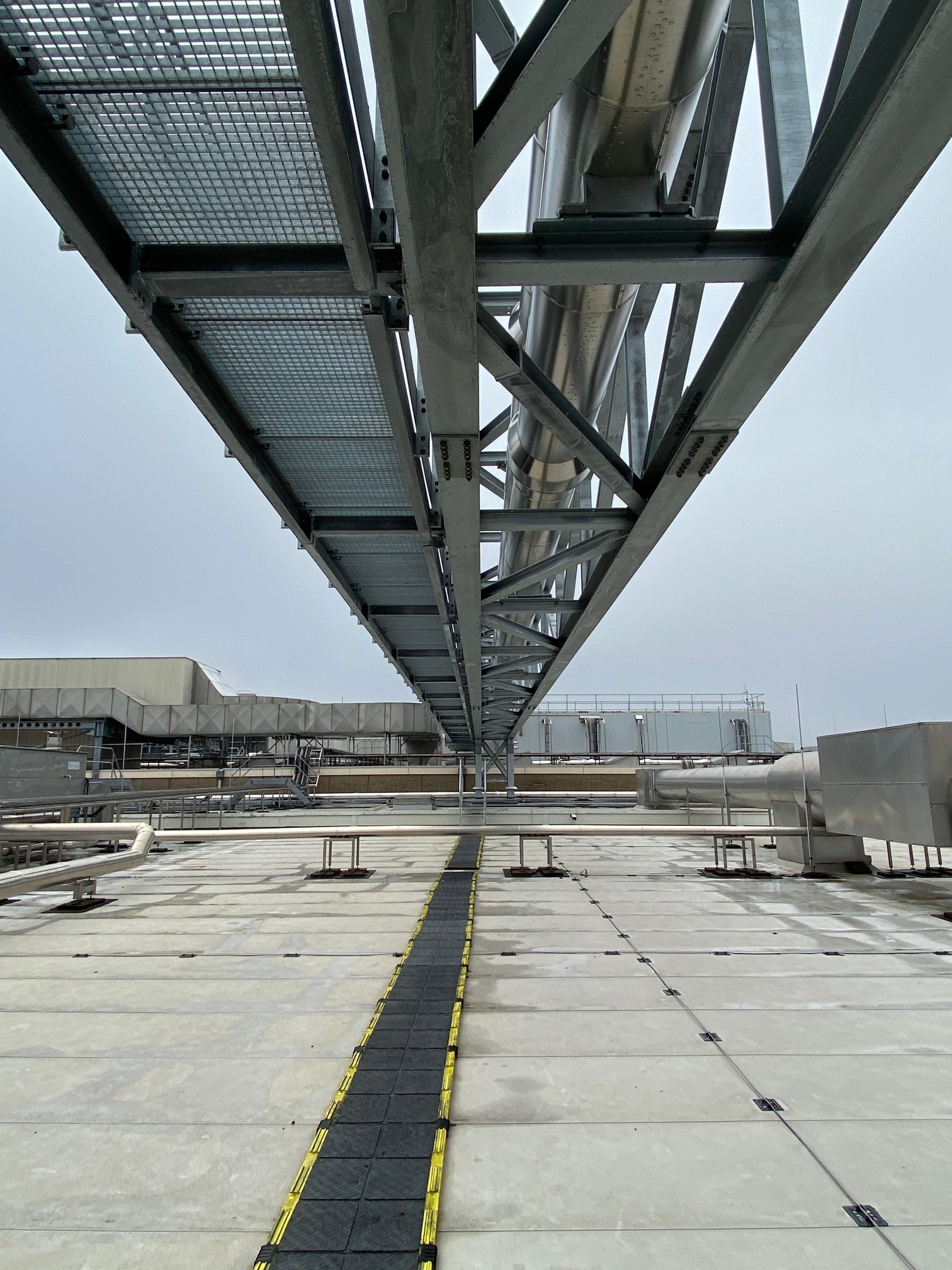The initial ideas for importing hydrogen were already in place. To work them out, the H2A platform, a partnership of technology suppliers and logistics partners, was looking for a partner who could help integrate these broad ideas into concrete plans.
About the project: Importing 1 million tonnes of hydrogen a year
The demand for hydrogen is expected to increase significantly in Amsterdam and the surrounding area. Amsterdam has traditionally had a lot of storage capacity for (fossil) liquids. The existing infrastructure can also facilitate the import of hydrogen that is bound to (in)organic carrier molecules (LOHC or LIHC). This is done under specific ambient conditions, such as pressure and temperature. The ambition is to import one million tonnes of hydrogen a year by 2030.
Vicoma’s role: feasibility study
Vicoma carried out a feasibility study on the different carriers of hydrogen. One of our tasks was to outline what the storage and processing chains should look like, for instance to determine the required storage capacity for the imported liquid and the surface area needed for the dehydrogenation plant. We also identified where critical information is still missing in areas including the regulations, supply chain and logistics movements.
In addition, initial work was done to establish the framework conditions. This involves setting certain preconditions, such as the recommended gas buffer (security of supply), energy consumption (heat and electricity) and process conditions at delivery. Many partners make up that chain, from governments and technology suppliers to customers and providers. All interests, opportunities and preferences ultimately have to fit together, which necessitates an open dialogue on all relevant matters.
Vicoma provided the technical input in the talks between the consortium partners. A number of concepts have been developed, which were also calculated on their financial viability. Furthermore, we remained critical throughout the process, constantly challenging the assumptions that arose within the consortium.
Result: hydrogen project to the next phase
The feasibility study helped take the initial idea to the next stage. This enables the consortium to proceed with the development of the supply chain and the project’s financing, including the financial foundations thereof, on the basis of three final designs.
Click here to read the article on importing green hydrogen with our consultant, Corné Groen, on the Industrial Heat and Power website.
